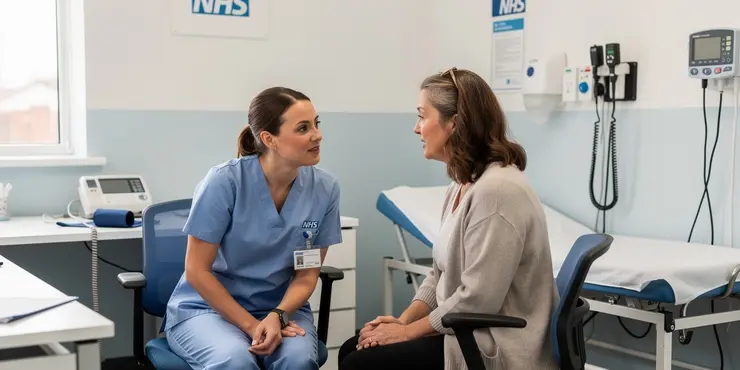
Find Help
More Items From Ergsy search
-
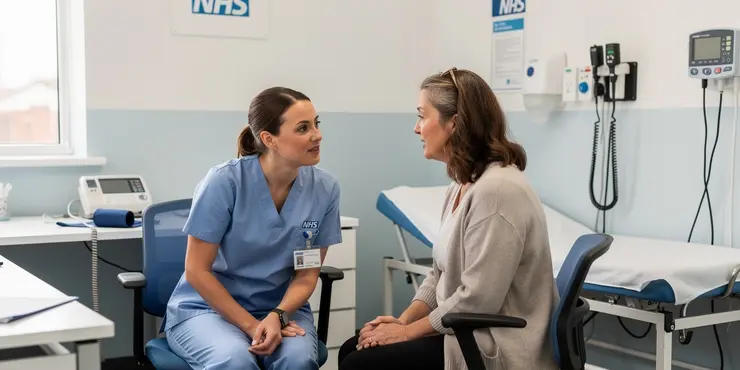
Do these grants cover medical expenses?
Relevance: 100%
-
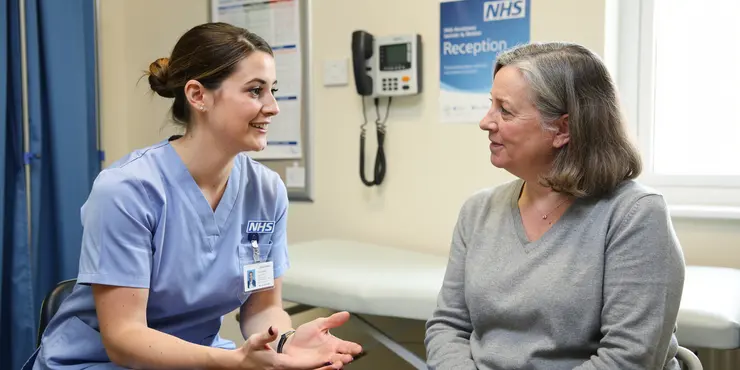
Can these grants be used for any expenses?
Relevance: 72%
-
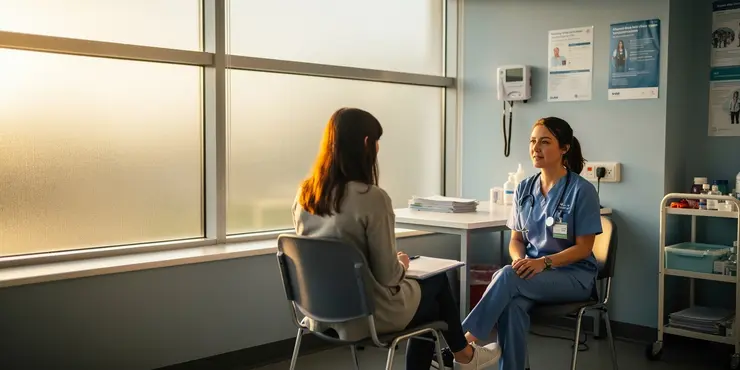
What are Household & Cost-of-Living Support grants?
Relevance: 63%
-

Are these grants taxable?
Relevance: 63%
-
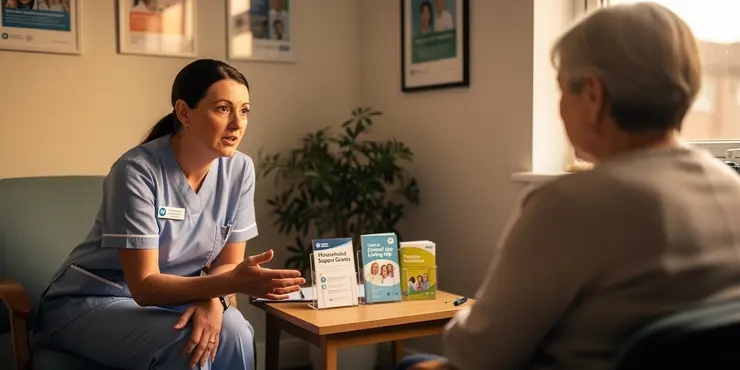
What are Household & Cost-of-Living Support grants?
Relevance: 61%
-
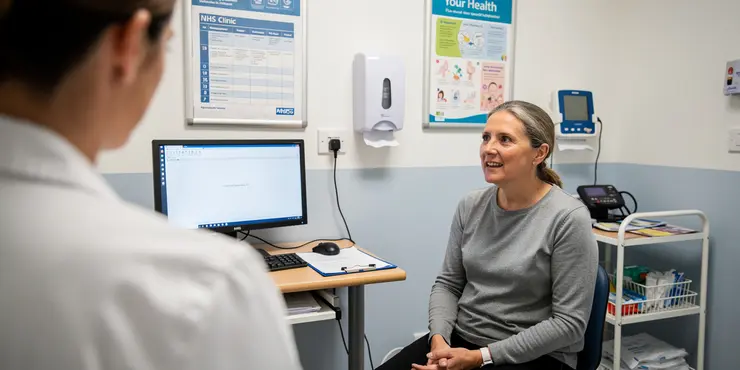
Who is eligible for Household & Cost-of-Living Support grants?
Relevance: 59%
-
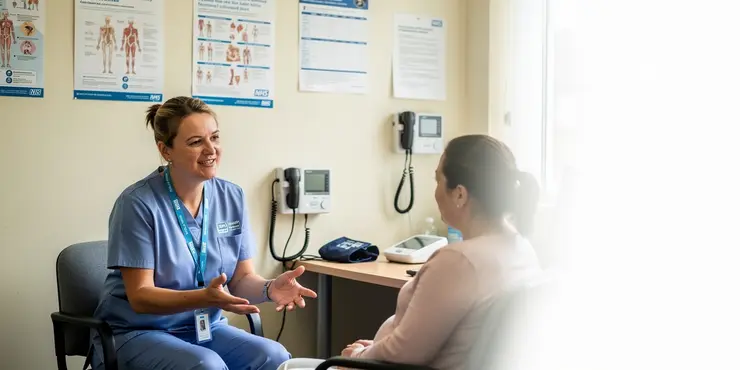
What Household & Cost‑of‑Living Support grants may be available to me?
Relevance: 59%
-
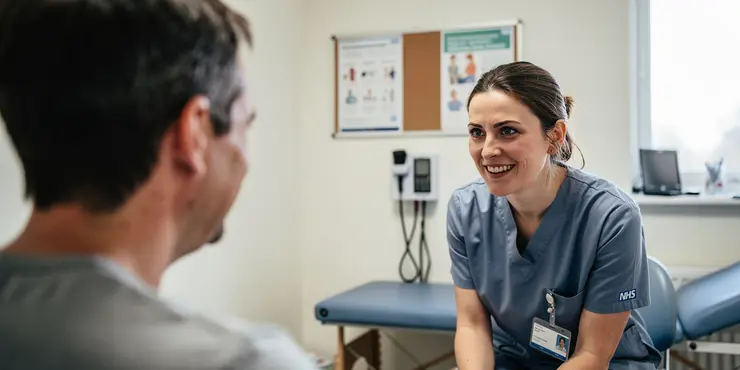
Can the payment be used for any expenses?
Relevance: 58%
-
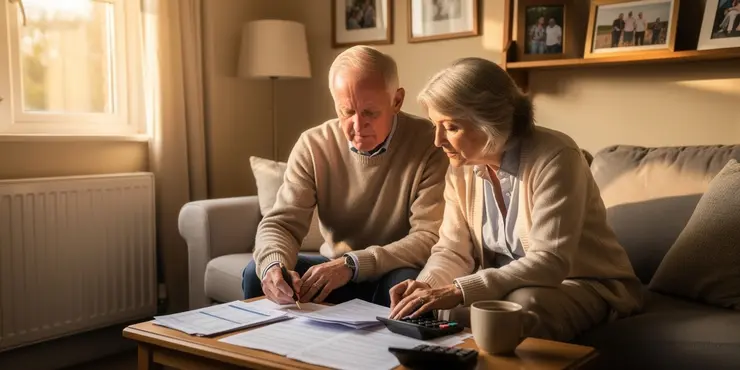
Are there support grants specifically for seniors?
Relevance: 58%
-
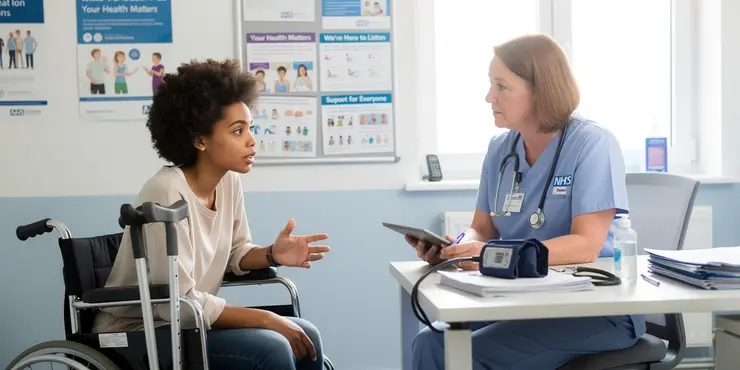
Are there grants specifically for individuals with disabilities?
Relevance: 58%
-
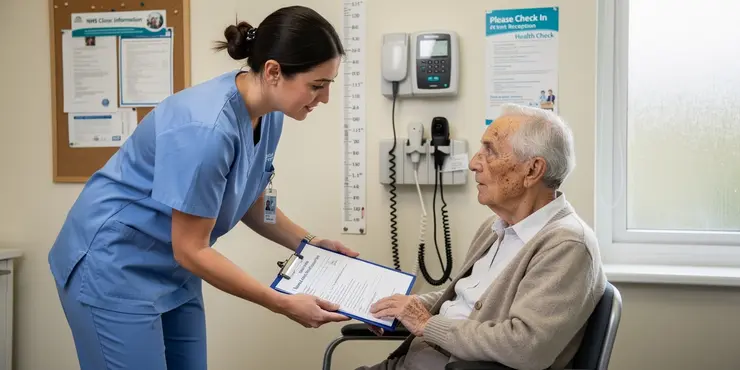
Do I need to pay back Household & Cost-of-Living grants?
Relevance: 57%
-
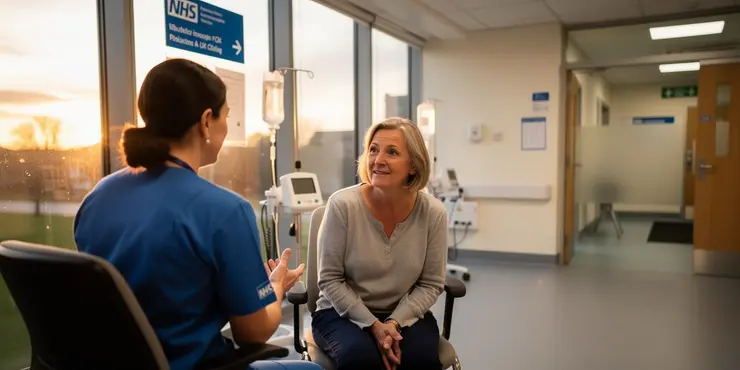
Do I need to repay the EV grant?
Relevance: 56%
-
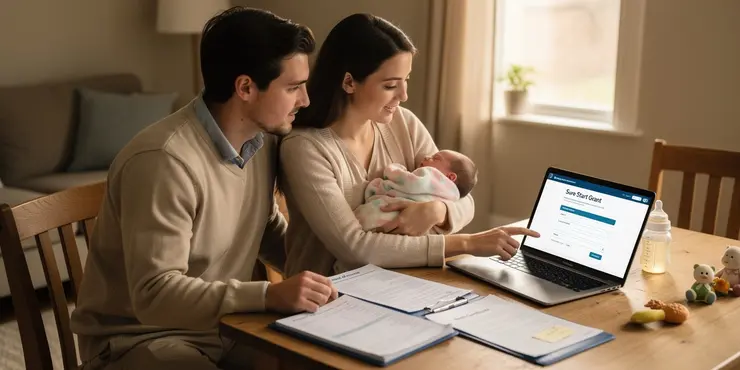
What is the Sure Start Grant?
Relevance: 55%
-
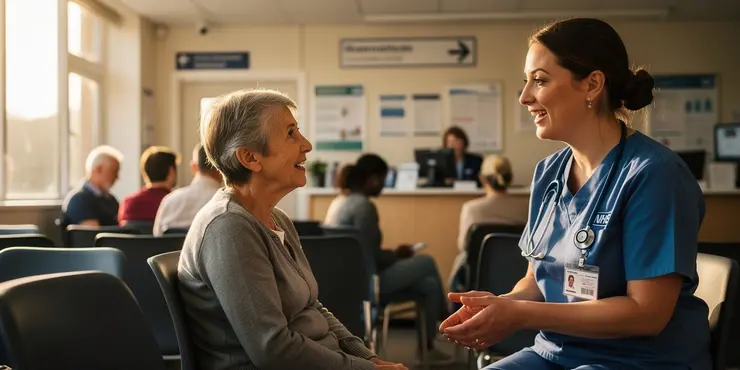
Who is eligible for Household & Cost-of-Living Support grants?
Relevance: 55%
-
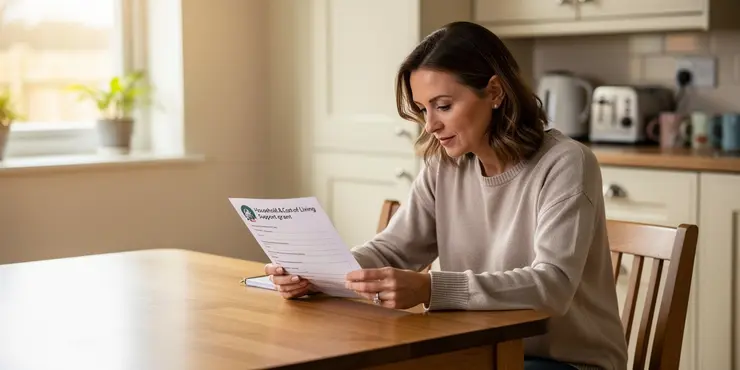
How can I apply for a Household & Cost-of-Living Support grant?
Relevance: 55%
-
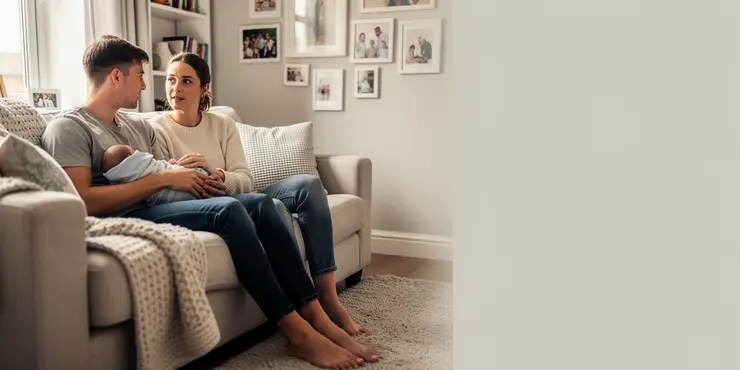
What is the Sure Start Grant?
Relevance: 54%
-
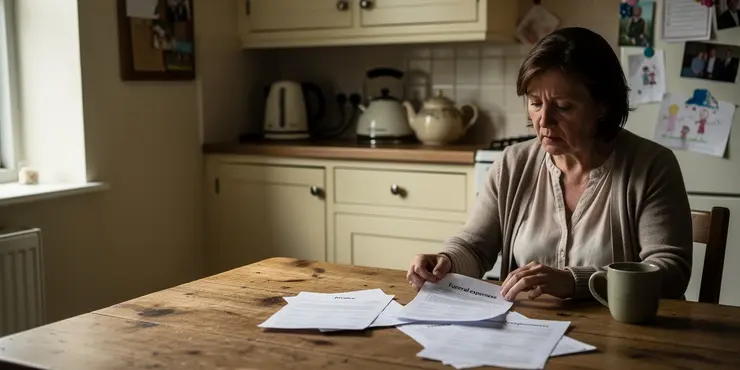
What financial support is available for funeral expenses?
Relevance: 54%
-
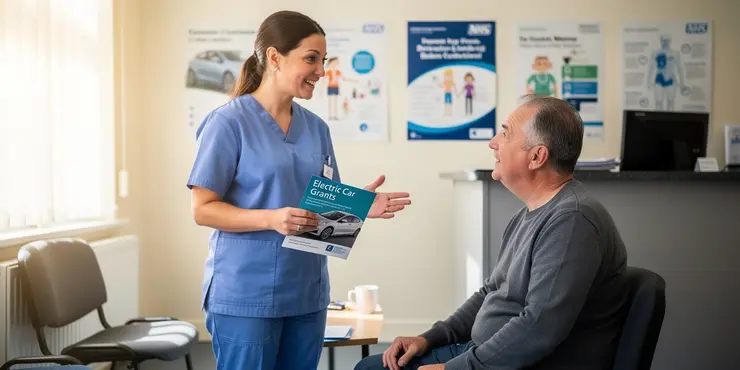
Do the grants cover used electric cars?
Relevance: 53%
-
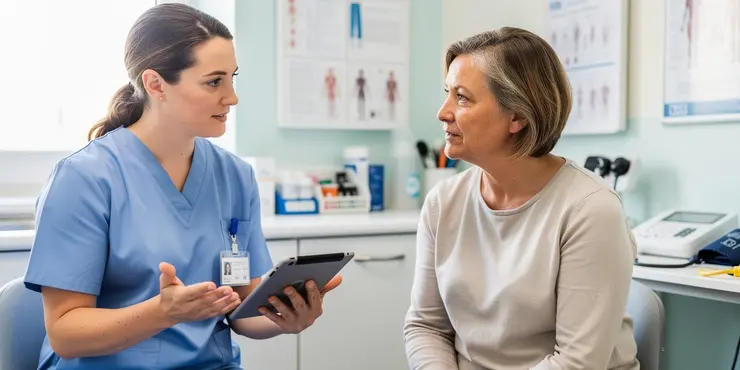
Can businesses claim the EV grant?
Relevance: 52%
-
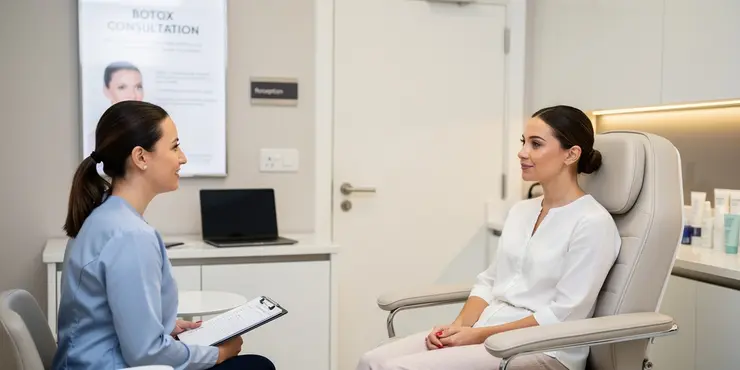
Is Botox treatment expensive?
Relevance: 52%
-

Where can I apply for the EVHS grant?
Relevance: 52%
-
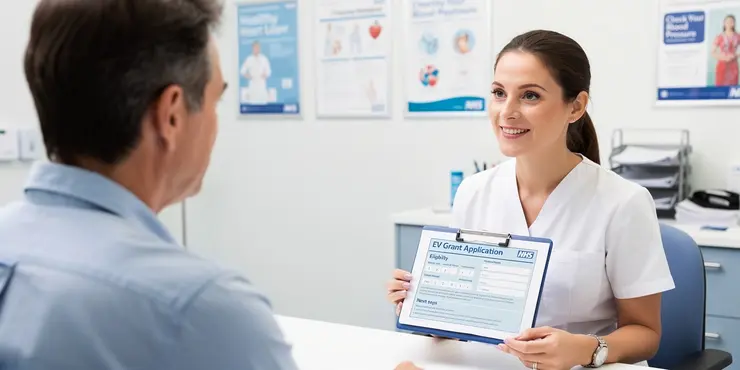
How do I apply for the EV grant?
Relevance: 51%
-
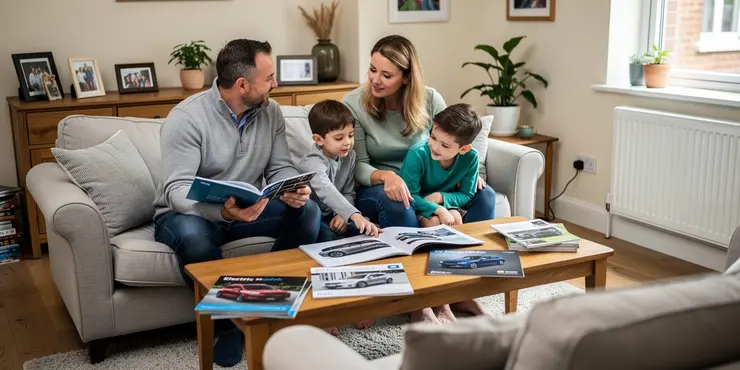
How much is the EV grant in the UK?
Relevance: 51%
-

Who is eligible for the EV grant in the UK?
Relevance: 51%
-
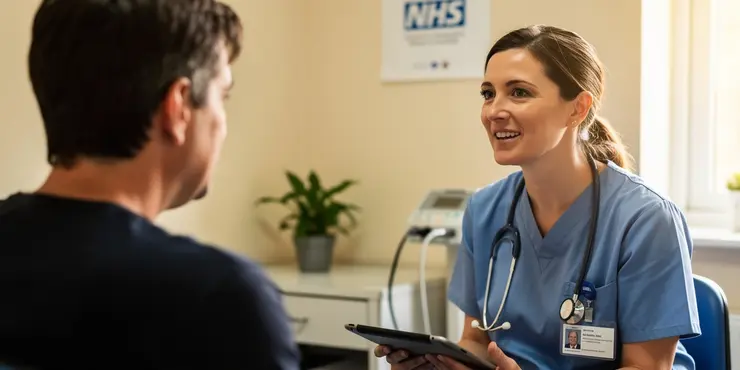
Is there a grant for electric vans?
Relevance: 51%
-
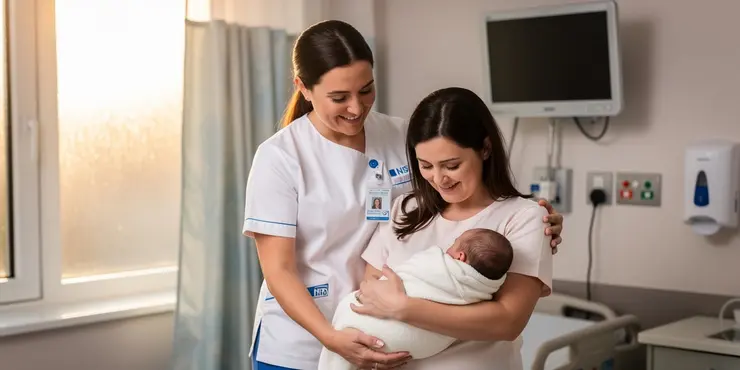
What is the Sure Start Maternity Grant?
Relevance: 51%
-
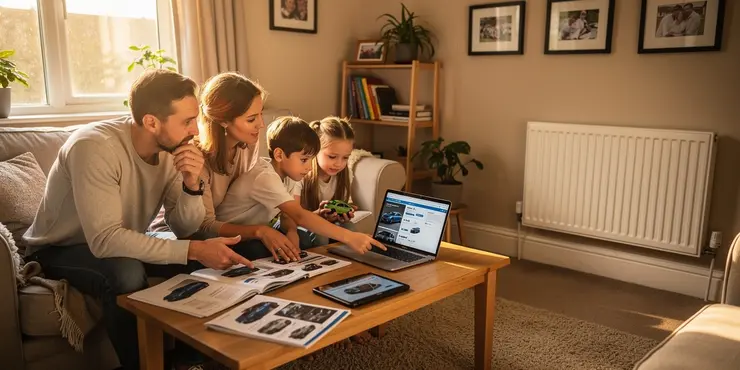
Is the EV grant amount deducted from taxes?
Relevance: 51%
-
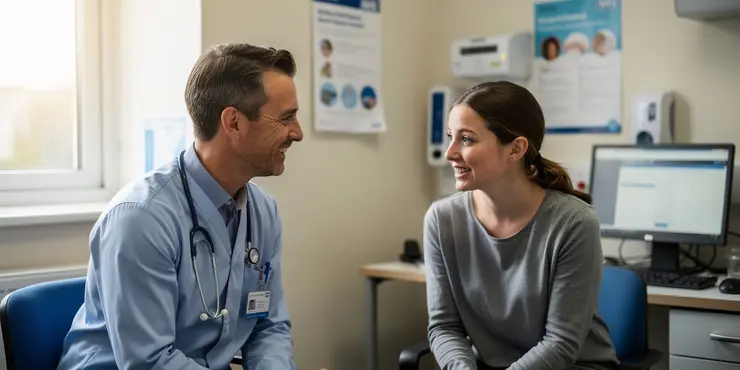
How does the EV grant affect the purchase price?
Relevance: 50%
-
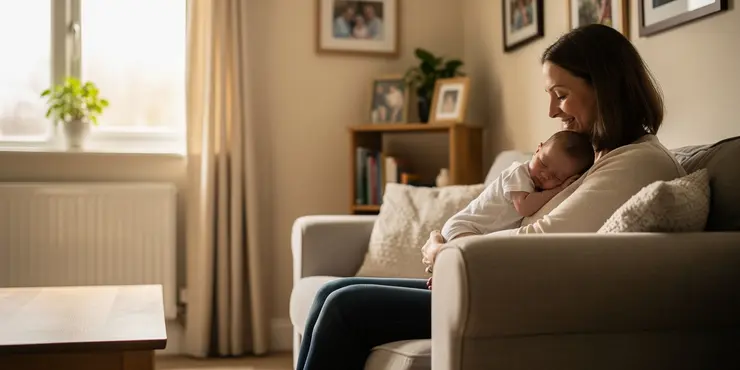
How much is the Sure Start Maternity Grant?
Relevance: 50%
-
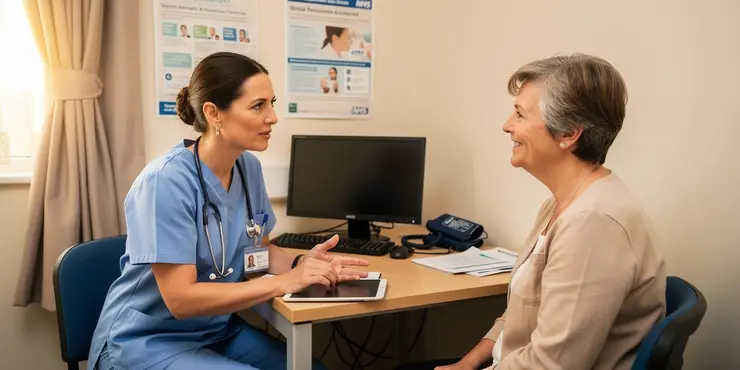
What documents are needed to apply for these grants?
Relevance: 49%
-
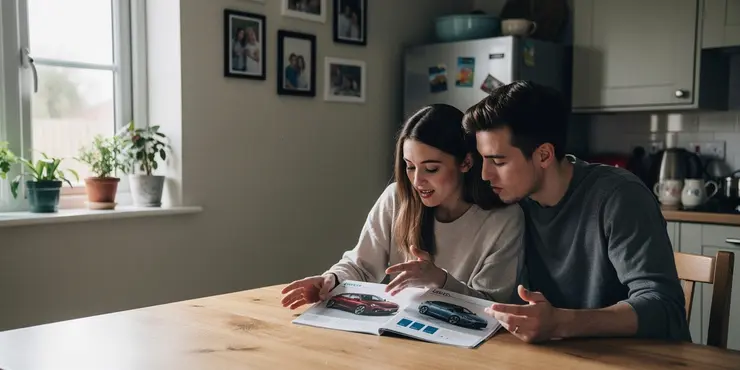
What is the current EV grant amount in the UK?
Relevance: 49%
-

Are there government grants available for starting a small business?
Relevance: 49%
-

What is the UK Plug-in Car Grant?
Relevance: 49%
-

Are there grants for installing an electric vehicle charger at home?
Relevance: 49%
-

Is the EV grant available for leased vehicles?
Relevance: 49%
-
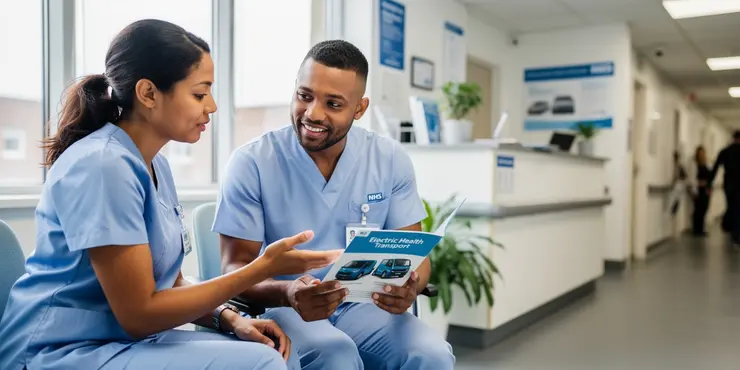
Is the EV grant available for electric vans?
Relevance: 49%
-
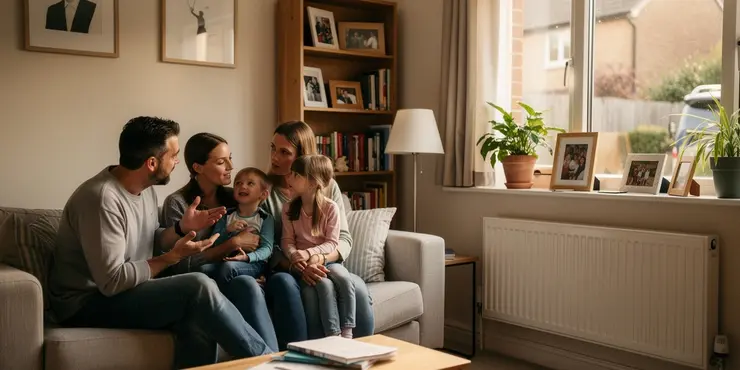
Is there a deadline for the Plug-in Car Grant?
Relevance: 49%
-
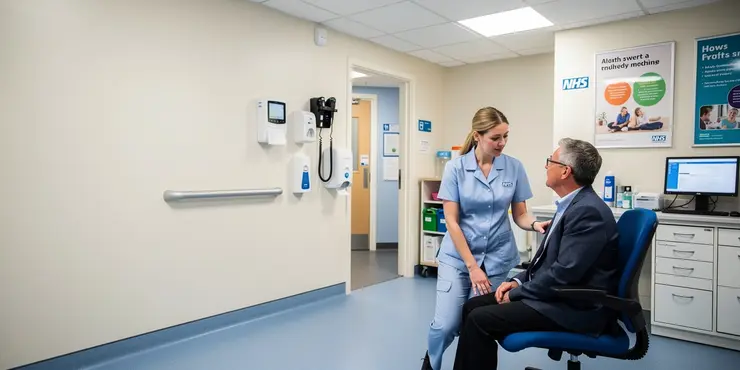
Does the EV grant apply to hybrids?
Relevance: 49%
-
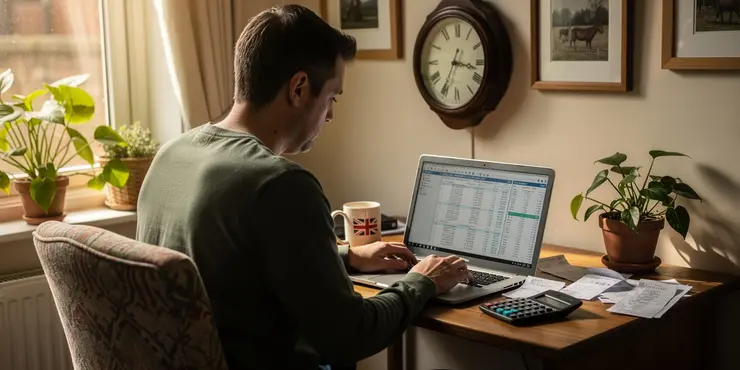
Can I claim expenses as a gig worker?
Relevance: 49%
-
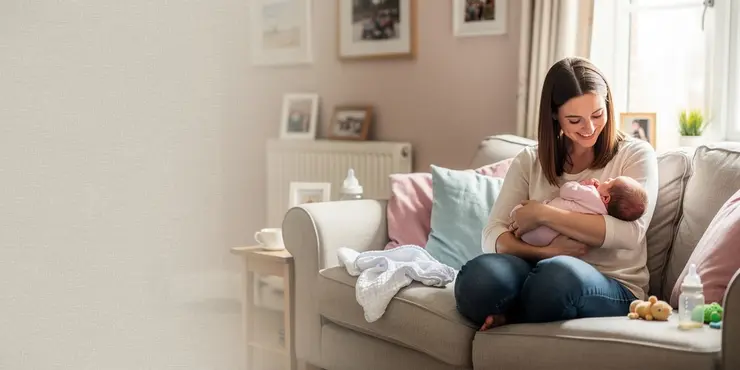
What is the Sure Start Grant in the UK?
Relevance: 49%
Understanding Grants and Medical Expenses
In the UK, grants are financial aids provided by the government, charities, or private organisations typically meant to fund specific projects or cover certain expenses. That said, whether grants cover medical expenses can vary depending on the type and purpose of the grant being offered. It's important to clarify this when applying for any financial support.
Types of Grants
Grants are often categorised based on the sectors they support, such as education, research, business development, or healthcare. Within the healthcare sector, there are specific grants aimed at covering medical expenses. It's essential to distinguish between different types of grants to determine if one is eligible for medical cost coverage.
Healthcare-Specific Grants
In the UK, some grants are explicitly designed to assist with healthcare needs. For instance, these may include grants for medical research, funding for health innovations, or direct patient support. Organisations such as Macmillan Cancer Support and the NHS Charitable Trusts often provide grants for patients facing severe health challenges or for those undergoing specific treatments. However, eligibility criteria apply, and medical necessity usually needs to be demonstrated.
Government Financial Assistance
The UK government offers some forms of financial assistance that are aimed at alleviating medical expenses for those in need. Personal Independence Payment (PIP) and Attendance Allowance are two examples where financial support is given to individuals who require help with personal care or have mobility needs. This type of assistance is tailored more towards ongoing support rather than direct reimbursement of medical expenses.
Charitable Grants
Numerous charities in the UK provide funds to help individuals cover medical expenses. These charities can offer grants to assist with the costs of medical equipment, necessary home modifications, or specific treatments. Organisations like The Health Foundation, The British Red Cross, and Family Fund provide tailored grants to support individuals and families with health-related financial burdens.
Application Process
To access grants that cover medical expenses, potential applicants must typically undergo an application process. This involves providing evidence of the medical condition, financial need, and specific costs that need covering. Often, a healthcare professional's assessment or recommendation will be required to validate the application.
Considerations When Applying
It's crucial to research thoroughly to understand which grants are applicable for covering medical expenses. Each grant comes with specific eligibility criteria, application deadlines, and required documentation. Applicants should gather all necessary information and documentation before applying to increase their chances of receiving support.
Conclusion
In summary, while not all grants cover medical expenses, several options are available in the UK for those in need of financial assistance related to healthcare. Whether through direct grants from charities or specific government aid, individuals must carefully assess and apply for the appropriate type of financial assistance suitable for their medical needs.
Understanding Grants and Medical Expenses
In the UK, grants are money given by the government, charities, or private groups to help pay for things. Sometimes, grants can help with medical costs, but this depends on the type of grant. It is important to ask about this when you apply for help.
Types of Grants
Grants can be for different areas like education, research, business, or healthcare. Some grants in healthcare help pay for medical costs. You need to know about different kinds of grants to see if they can help with medical bills.
Healthcare-Specific Grants
In the UK, some grants are made to help with health needs. These might include money for medical research, new health ideas, or helping patients directly. Groups like Macmillan Cancer Support and the NHS Charitable Trusts give grants to people with big health problems or who need special treatments. You usually need to show you really need the help.
Government Financial Assistance
The UK government gives some types of financial help to people with medical needs. Examples are Personal Independence Payment (PIP) and Attendance Allowance. These help people who need personal care or have trouble moving. This help is more for ongoing support, not just one-time medical cost help.
Charitable Grants
Many charities in the UK help people pay for medical costs. They can give money to pay for medical equipment, fixing homes to meet health needs, or special treatments. The Health Foundation, The British Red Cross, and Family Fund are examples of groups that help with money for health needs.
Application Process
To get grants for medical costs, you usually have to apply. This means showing proof of your medical condition, saying why you need help with money, and listing what costs you need help with. Often, a doctor or healthcare worker will need to say you need the help.
Considerations When Applying
It's important to learn about which grants can help with medical costs. Each grant has rules about who can apply, when to apply, and what papers you need. Get all the information and papers you need ready before you apply to make it more likely you will get help.
Conclusion
To sum up, not all grants help with medical costs, but there are options in the UK for people who need help paying for healthcare. Whether it is help from charities or the government, you need to look carefully and apply for the right kind of financial help for your medical needs.
Frequently Asked Questions
Useful Links
This website offers general information and is not a substitute for professional advice.
Always seek guidance from qualified professionals.
If you have any medical concerns or need urgent help, contact a healthcare professional or emergency services immediately.
Some of this content was generated with AI assistance. We’ve done our best to keep it accurate, helpful, and human-friendly.
- Ergsy carfully checks the information in the videos we provide here.
- Videos shown by Youtube after a video has completed, have NOT been reviewed by ERGSY.
- To view, click the arrow in centre of video.
- Most of the videos you find here will have subtitles and/or closed captions available.
- You may need to turn these on, and choose your preferred language.
- Go to the video you'd like to watch.
- If closed captions (CC) are available, settings will be visible on the bottom right of the video player.
- To turn on Captions, click settings .
- To turn off Captions, click settings again.
More Items From Ergsy search
-

Do these grants cover medical expenses?
Relevance: 100%
-

Can these grants be used for any expenses?
Relevance: 72%
-

What are Household & Cost-of-Living Support grants?
Relevance: 63%
-

Are these grants taxable?
Relevance: 63%
-

What are Household & Cost-of-Living Support grants?
Relevance: 61%
-

Who is eligible for Household & Cost-of-Living Support grants?
Relevance: 59%
-

What Household & Cost‑of‑Living Support grants may be available to me?
Relevance: 59%
-

Can the payment be used for any expenses?
Relevance: 58%
-

Are there support grants specifically for seniors?
Relevance: 58%
-

Are there grants specifically for individuals with disabilities?
Relevance: 58%
-

Do I need to pay back Household & Cost-of-Living grants?
Relevance: 57%
-

Do I need to repay the EV grant?
Relevance: 56%
-

What is the Sure Start Grant?
Relevance: 55%
-

Who is eligible for Household & Cost-of-Living Support grants?
Relevance: 55%
-

How can I apply for a Household & Cost-of-Living Support grant?
Relevance: 55%
-

What is the Sure Start Grant?
Relevance: 54%
-

What financial support is available for funeral expenses?
Relevance: 54%
-

Do the grants cover used electric cars?
Relevance: 53%
-

Can businesses claim the EV grant?
Relevance: 52%
-

Is Botox treatment expensive?
Relevance: 52%
-

Where can I apply for the EVHS grant?
Relevance: 52%
-

How do I apply for the EV grant?
Relevance: 51%
-

How much is the EV grant in the UK?
Relevance: 51%
-

Who is eligible for the EV grant in the UK?
Relevance: 51%
-

Is there a grant for electric vans?
Relevance: 51%
-

What is the Sure Start Maternity Grant?
Relevance: 51%
-

Is the EV grant amount deducted from taxes?
Relevance: 51%
-

How does the EV grant affect the purchase price?
Relevance: 50%
-

How much is the Sure Start Maternity Grant?
Relevance: 50%
-

What documents are needed to apply for these grants?
Relevance: 49%
-

What is the current EV grant amount in the UK?
Relevance: 49%
-

Are there government grants available for starting a small business?
Relevance: 49%
-

What is the UK Plug-in Car Grant?
Relevance: 49%
-

Are there grants for installing an electric vehicle charger at home?
Relevance: 49%
-

Is the EV grant available for leased vehicles?
Relevance: 49%
-

Is the EV grant available for electric vans?
Relevance: 49%
-

Is there a deadline for the Plug-in Car Grant?
Relevance: 49%
-

Does the EV grant apply to hybrids?
Relevance: 49%
-

Can I claim expenses as a gig worker?
Relevance: 49%
-

What is the Sure Start Grant in the UK?
Relevance: 49%


